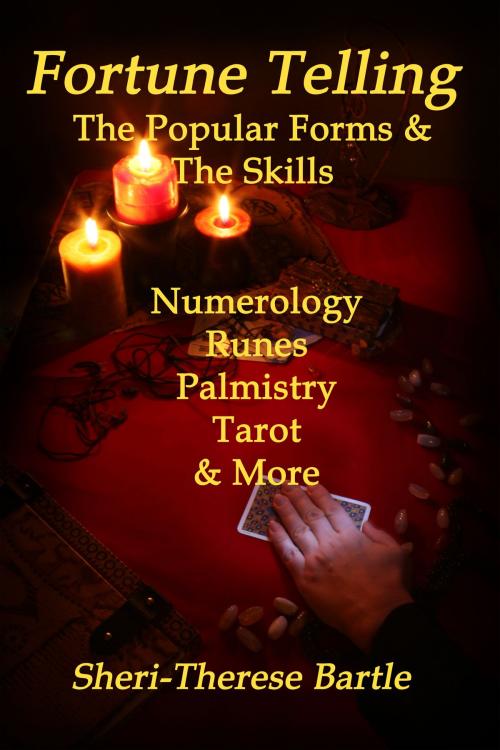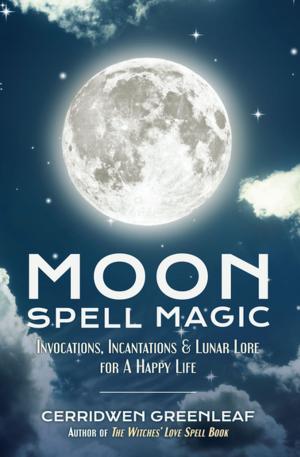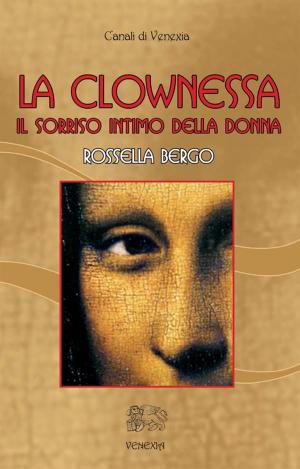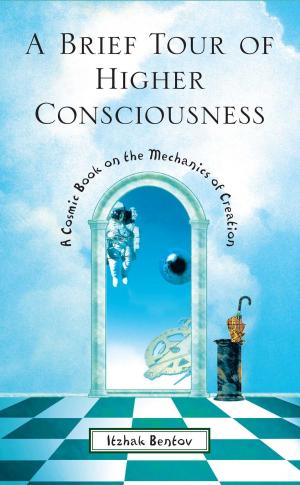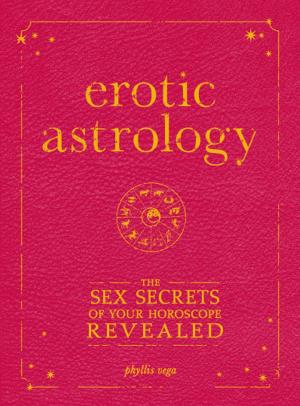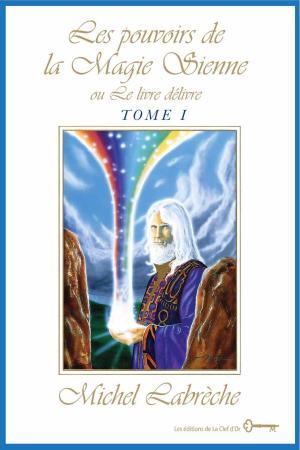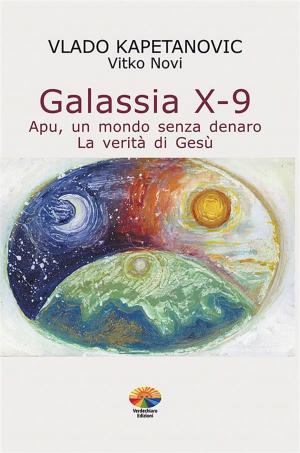Fortune Telling: The Popular Forms and The Skills
Nonfiction, Religion & Spirituality, Occult, Divination, Fortune Telling, New Age| Author: | Sheri-Therese Bartle | ISBN: | 9781370311859 |
| Publisher: | Sheri-Therese Bartle | Publication: | April 2, 2017 |
| Imprint: | Smashwords Edition | Language: | English |
| Author: | Sheri-Therese Bartle |
| ISBN: | 9781370311859 |
| Publisher: | Sheri-Therese Bartle |
| Publication: | April 2, 2017 |
| Imprint: | Smashwords Edition |
| Language: | English |
Popular forms of "Fortune Telling"; "Prophetic Revelation" or "Divination", how to perform them and how to read the results.
Divination, dates back to the earliest known times of human existence. The oldest of all Chinese texts, the I Ching, is a divination system older than recorded history. James Legge says in his translation of I Ching: Book Of Changes (1996), “The desire to seek answers and to predict the future is as old as civilization itself.” Mankind has always had a desire to know what the future holds. Evidence shows that methods of divination, also known as fortune telling, were used by the ancient Egyptians, Chinese, Babylonians and the Sumerians (who resided in what is now Iraq) as early as six‐thousand years ago.
Divination was originally a device of royalty and has often been an essential part of religion and medicine. Significant leaders and royalty often employed priests, doctors, soothsayers and astrologers as advisers and consultants on what the future held. Every civilization has held a belief in at least some type of divination.
The point of divination in the ancient world was to ascertain the will of the gods. In fact, divination is so called because it is assumed to be a gift of the divine, a gift from the gods. This gift of obtaining knowledge of the unknown uses a wide range of tools and an enormous variety of techniques, as you will see in this book. No matter which method is used, the most imperative aspect is the interpretation and presentation of what is seen.
Popular forms of "Fortune Telling"; "Prophetic Revelation" or "Divination", how to perform them and how to read the results.
Divination, dates back to the earliest known times of human existence. The oldest of all Chinese texts, the I Ching, is a divination system older than recorded history. James Legge says in his translation of I Ching: Book Of Changes (1996), “The desire to seek answers and to predict the future is as old as civilization itself.” Mankind has always had a desire to know what the future holds. Evidence shows that methods of divination, also known as fortune telling, were used by the ancient Egyptians, Chinese, Babylonians and the Sumerians (who resided in what is now Iraq) as early as six‐thousand years ago.
Divination was originally a device of royalty and has often been an essential part of religion and medicine. Significant leaders and royalty often employed priests, doctors, soothsayers and astrologers as advisers and consultants on what the future held. Every civilization has held a belief in at least some type of divination.
The point of divination in the ancient world was to ascertain the will of the gods. In fact, divination is so called because it is assumed to be a gift of the divine, a gift from the gods. This gift of obtaining knowledge of the unknown uses a wide range of tools and an enormous variety of techniques, as you will see in this book. No matter which method is used, the most imperative aspect is the interpretation and presentation of what is seen.
